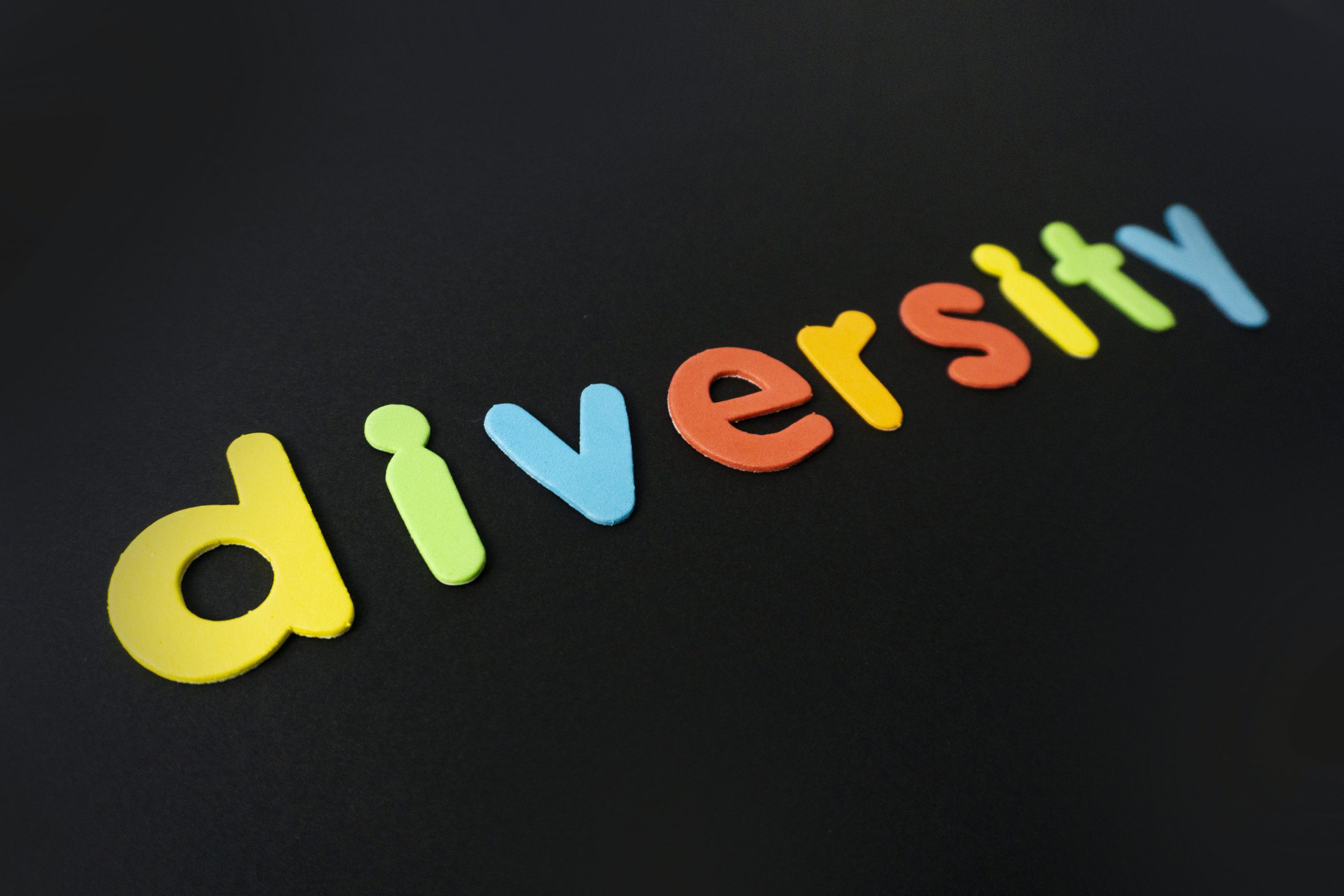Diversity, Equity, and Inclusion (DEI) have become critical themes in modern workplaces, and for good reason. Organizations that embrace diversity and create inclusive environments stand to gain significant benefits, including increased innovation, better decision-making, and improved employee satisfaction. In this article, we will explore the importance of DEI in the workplace and how it can positively impact businesses and their employees.
Defining Diversity, Equity, and Inclusion
Before delving deeper into the topic, it’s essential to understand the fundamental principles of DEI:
- Diversity: Diversity refers to the variety of characteristics and backgrounds that individuals bring to the workplace. These characteristics can include race, ethnicity, gender, age, sexual orientation, disability, religion, and more.
- Equity: Equity involves ensuring that all employees have access to the same opportunities and resources, regardless of their background or characteristics. It aims to level the playing field and promote fairness within the organization.
- Inclusion: Inclusion entails creating a work environment where all employees feel valued, respected, and supported. It involves fostering a sense of belonging and actively involving diverse perspectives in decision-making processes.
Benefits of a Diverse and Inclusive Workplace
- Enhanced Innovation and Creativity: A diverse workforce brings together a broad range of perspectives and experiences. When employees with different backgrounds collaborate, they can generate more innovative ideas and solutions to challenges.
- Improved Decision-Making: Inclusive organizations encourage open dialogue and diverse viewpoints. This leads to better decision-making processes, as leaders can draw on a wider range of insights to inform their choices.
- Increased Employee Engagement: When employees feel that their unique contributions are recognized and appreciated, they become more engaged in their work. Inclusive workplaces foster a sense of loyalty and commitment among employees.
- Attracting Top Talent: In today’s competitive job market, job seekers actively seek out companies with strong DEI initiatives. Organizations that prioritize diversity and inclusion are more likely to attract and retain top talent.
- Better Performance and Productivity: Research has shown that diverse teams tend to outperform homogenous ones. Inclusive workplaces encourage employees to perform at their best, contributing to overall productivity.
Creating an Inclusive Work Culture
- Leadership Commitment: DEI initiatives must start from the top. Leaders should actively advocate for diversity and inclusion, demonstrate commitment through actions, and set the tone for the entire organization.
- Unconscious Bias Training: Conducting unconscious bias training for all employees can help raise awareness of biases that may affect decision-making and interactions. This training can lead to more objective and equitable practices.
- Diverse Hiring Practices: Implementing diverse hiring practices ensures that the recruitment process is inclusive and that a broader range of candidates has access to job opportunities.
- Employee Resource Groups (ERGs): Establishing ERGs can create safe spaces for employees from underrepresented groups, allowing them to network, share experiences, and provide feedback to management.
- Regular Assessments and Measurements: Organizations should regularly assess their DEI progress and measure outcomes to identify areas for improvement and track the effectiveness of their initiatives.
Diversity, Equity, and Inclusion are not just buzzwords but critical elements of a successful and thriving workplace. Embracing DEI principles benefits not only the employees but also the organization as a whole. By fostering a culture that values diversity, ensures equity, and promotes inclusion, companies can tap into the full potential of their workforce and create an environment where everyone can thrive and contribute to the collective success.









